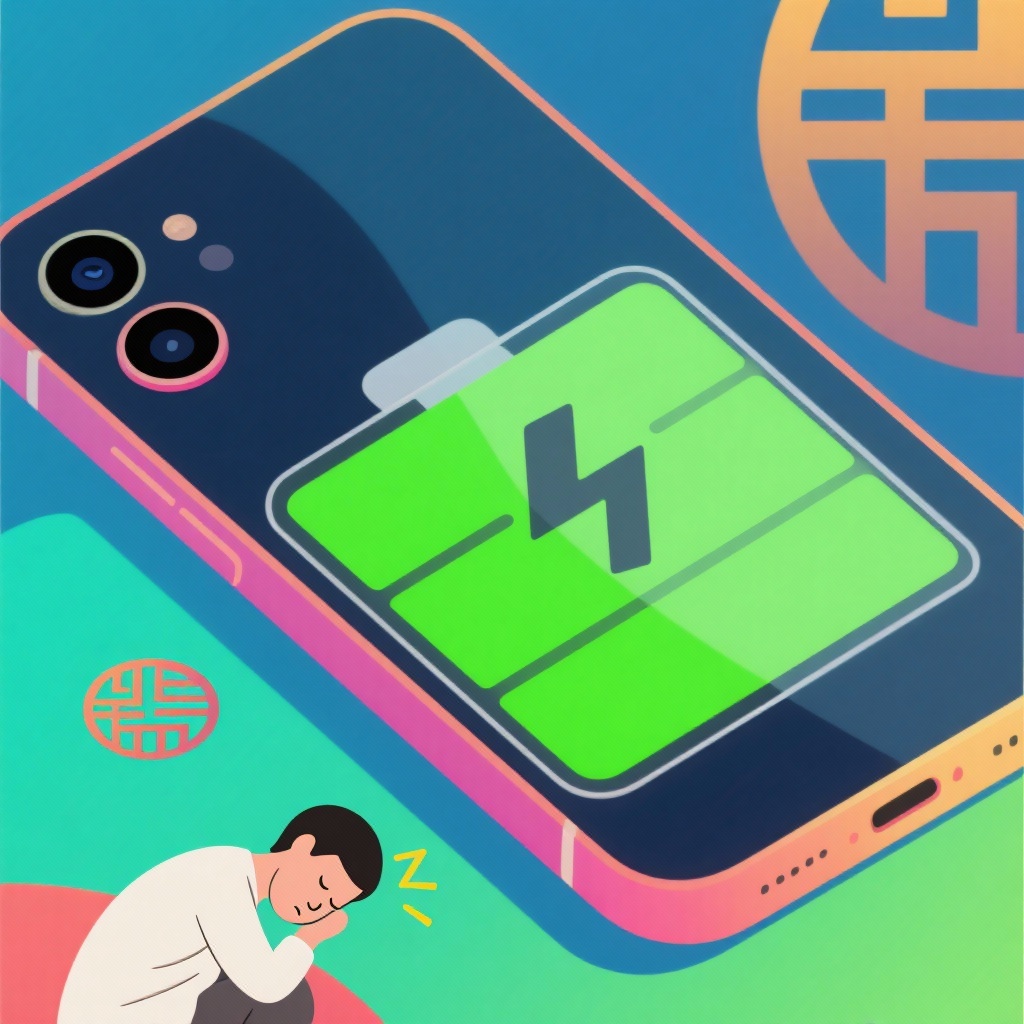Understanding Your Body’s Low Battery: When Qi Deficiency Strikes
Qi deficiency describes a state where your body’s vital energy runs low. This condition leads to a noticeable decline in your overall functional power. Common signs include constant fatigue and a profound lack of spirit. You might experience shortness of breath and a reluctance to speak. Your voice may sound weak, and activity causes immediate breathlessness. Many feel a heavy body, lacking motivation for daily tasks. It’s like your internal battery is constantly running on empty.
Grasp the Basics: Learn Your Body’s Energy System

Different organs can experience Qi deficiency, each showing unique symptoms. When the Spleen’s Qi is low, you might notice a poor appetite. This can lead to abdominal bloating and loose stools. It often mirrors a general digestive system dysfunction.
Boost Your Digestion: Understanding Spleen Qi
Lung Qi deficiency shows up as a weak cough and frequent colds. You may also experience shallow, rapid breathing. This condition resembles a weakened respiratory system.
Breathe Easier: Supporting Lung Vitality
Kidney Qi deficiency often results in lower back and knee soreness. Frequent nighttime urination and reduced sexual function are common. This corresponds to declining endocrine and urogenital functions.
Strengthen Your Core: Kidney Health Insights
If Heart Qi is insufficient, you may feel heart palpitations and shortness of breath. Chest discomfort and a sense of unease are also present. These signs often mimic cardiovascular system issues.
Nourish Your Spleen: Support Your Gut Health
Calm Your Heart: Recognizing Cardiac Signals
Several factors contribute to the development of Qi deficiency. These include inherited predispositions or inadequate postnatal care. Long-term illness and excessive physical or mental exertion also deplete Qi.
Uncover the Roots: Why Your Energy Drains
Modern life choices significantly impact your energy levels. High work stress and irregular eating patterns play a big role. Lack of exercise and consistent late nights can also cause Qi depletion. This mirrors contemporary concepts like chronic fatigue syndrome. It also resembles the widely recognized state of sub-optimal health.
The fundamental principle for addressing Qi deficiency is ‘tonifying Qi’. This means boosting your low vital energy, combating reduced life force, and preventing energetic depletion. It addresses the body’s internal battery drain, rectifies systemic weakness, and enhances decreased vitality. Ultimately, it restores insufficient intrinsic power and rebuilds diminished energetic reserves. Common herbal formulas like Si Jun Zi Tang (Four Gentlemen Decoction) are used. Bu Zhong Yi Qi Tang (Ginseng Spleen-Invigorating Decoction) also helps. They work to fortify the Spleen and boost your foundational energy.
Recharge Your Core: Herbal Solutions for Energy
Acupuncture targets specific points like Zusanli (ST36), Qihai (CV6), and Guanyuan (CV4). Stimulating these points along your energy pathways activates the body’s self-healing. These acupuncture points function like powerful ‘charging stations’ for your body. They effectively help in restoring your depleted vital energy.
Fuel Your Body: Discover Qi-Boosting Foods
Lifestyle adjustments are crucial for managing Qi deficiency effectively. Prioritize warm, easily digestible foods in your diet. Consider dishes like yam, red dates, or astragalus chicken stew. Always avoid raw, cold, or overly chilling foods.

Nourish Your Body: Smart Food Choices
Gentle exercises are best, promoting energy without depletion. Try activities like Tai Chi, leisurely walks, or Baduanjin Qigong. Steer clear of intense workouts that could consume your Qi.
Move Gently: Conserve Your Vitality
Ensure you get sufficient, restorative sleep every night. Aim to be asleep by 11 PM for optimal recovery and repair. Adequate rest allows your body to fully recharge its reserves.
Rest Deeply: Reclaim Your Energy
From a modern medical perspective, Qi deficiency links to several conditions. It often correlates with weakened immune function and slow metabolism. Neuro-endocrine imbalances are also frequently observed.
Bridge the Gap: TCM Meets Modern Science
TCM’s Qi-tonifying treatments regulate the body’s internal environment. They improve cellular metabolism and boost overall immunity. This approach strongly aligns with contemporary rehabilitation medicine principles.
References:
The Yellow Emperor’s Classic of Medicine emphasizes Qi as the fundamental life force vital for all bodily functions.
Traditional Chinese medicine for chronic fatigue syndrome: A systematic review and meta-analysis. (PMID: 28405908)
A review of the pharmacological effects of Astragalus membranaceus on immune function. (PMID: 24707839)
Are you feeling constantly run down? Take our quick 3-second Qi Deficiency check:
If you regularly feel drained, short of breath, or constantly tired, you might have Qi deficiency.
Immediately try this 30-second self-rescue:
Immediately try deep belly breathing for 30 seconds, focusing on slow, deep inhales and exhales. Then, sip some warm water with a fresh slice of ginger to gently warm your core.
Medical Disclaimer:This article is for educational use only and is not a substitute for professional medical advice.